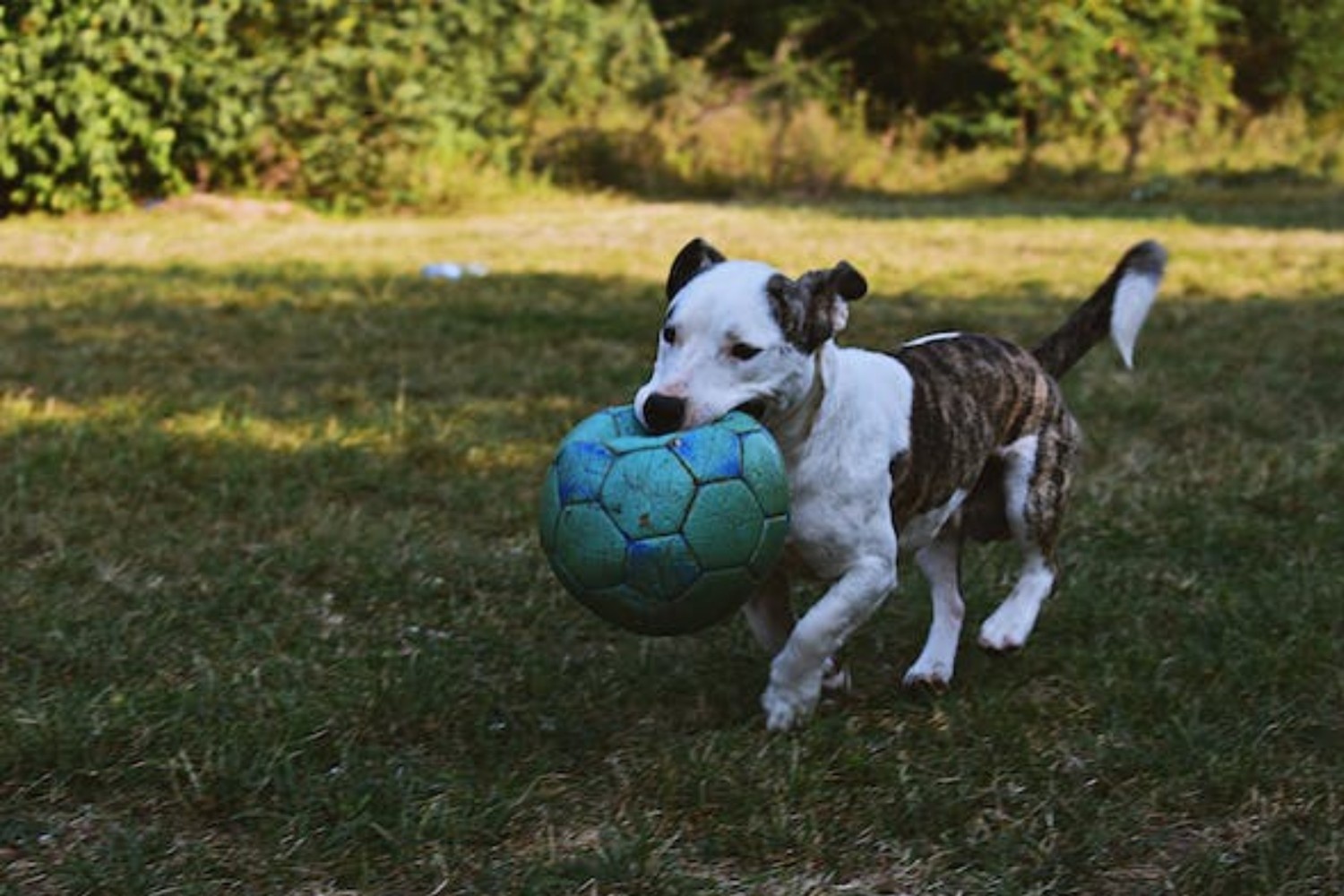
Engaging Minds: The Critical Role of Mental Stimulation in Pet Care
The mental health and cognitive engagement of our pets are as crucial as their physical well-being. Ensuring pets receive adequate mental stimulation not only wards off boredom but also supports their overall health and behavior. This article delves into the necessity of mental stimulation for dogs and brain games for cats, offers ideas for keeping pets engaged, introduces DIY pet puzzles, and discusses the benefits of training for mental health.
Why Mental Stimulation Matters
Mental stimulation enriches the lives of pets, preventing behavioral issues such as destructiveness and excessive barking or meowing. It enhances their problem-solving skills, keeps age-related cognitive decline at bay, and strengthens the pet-owner bond.
Mental Stimulation for Dogs: Beyond the Walk
For dogs, mental exercise can be as tiring, if not more so, than physical exercise. Incorporate activities like:
- Scent Work: Hide treats around the house or yard for your dog to find, engaging their powerful sense of smell.
- Interactive Toys: Toys that dispense treats when solved can keep dogs entertained and mentally challenged.
- Training Sessions: Regular, short training sessions using positive reinforcement can improve mental fitness and obedience.
Brain Games for Cats: Stimulating the Feline Mind
Cats, with their keen hunting instincts, benefit greatly from mental stimulation that mimics their natural behaviors:
- Feather and Light Toys: Mimic the movement of prey to engage your cat's hunting instincts.
- Puzzle Feeders: Encourage your cat to work for their food, stimulating their problem-solving skills.
- Exploration Opportunities: Cat trees, boxes, and safe outdoor enclosures satisfy a cat's curiosity and desire to explore.
DIY Pet Puzzles: Creative Engagement at Home
Creating your own puzzles can be a fun and cost-effective way to stimulate your pet's mind:
- Bottle Spinners: For dogs, suspending a plastic bottle from a frame and hiding treats inside can create a challenging puzzle.
- Box Mazes: Use cardboard boxes to create intricate mazes for cats, hiding treats and toys for them to discover.
Training for Mental Health: Building Confidence and Skills
Training is not just about obedience; it's a form of mental exercise that builds confidence, reduces anxiety, and strengthens the bond between pets and owners. Whether it's basic commands for puppies or more complex tricks for older pets, training provides essential mental stimulation.
Conclusion
Mental stimulation is a critical component of comprehensive pet care, contributing to happier, healthier, and more well-adjusted pets. By integrating a variety of engaging activities into your pet's routine, you can support their mental health and foster a deeper, more rewarding relationship with them. From brain games to DIY puzzles and training exercises, the possibilities for enriching your pet's life are endless and invaluable.





